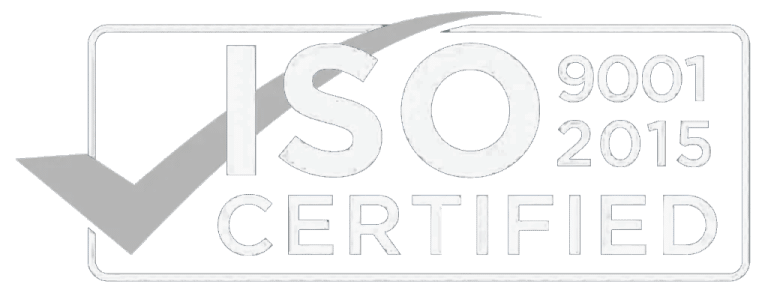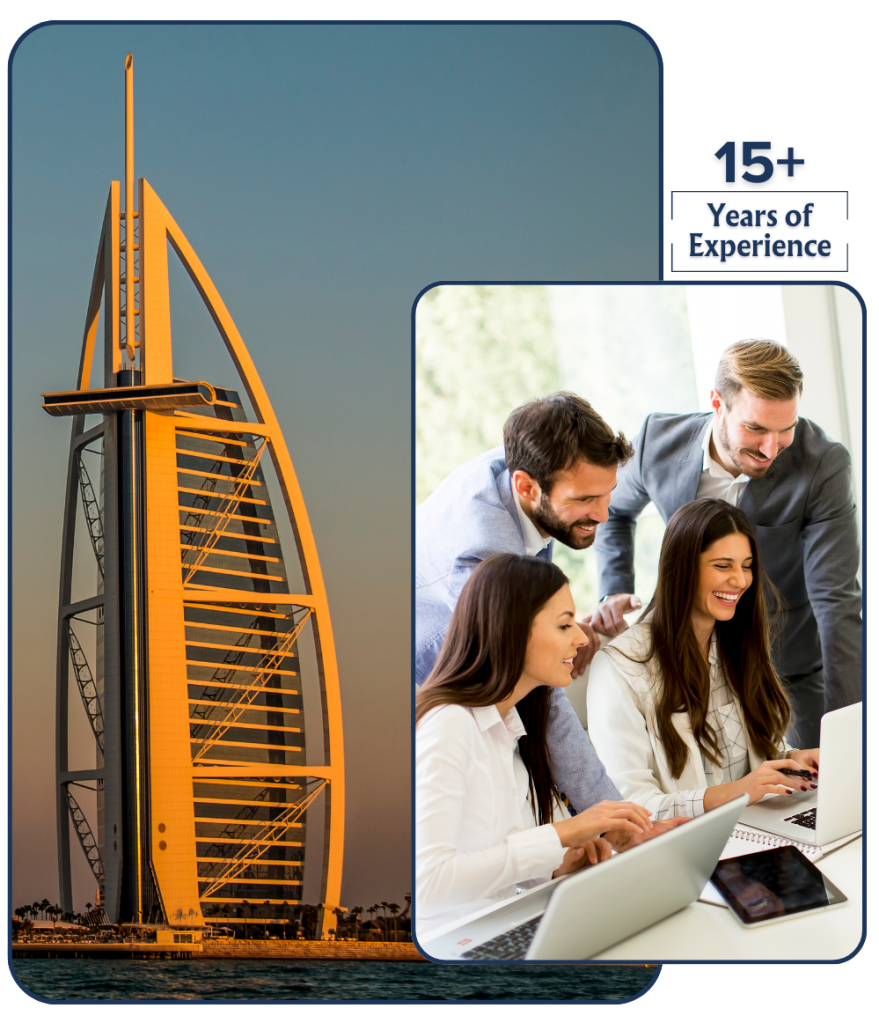The Industrial City of Abu Dhabi (ICAD) is one of the UAE’s leading industrial hubs, located in Mussafah and covering over 40 square kilometers. With five specialized clusters, ICAD supports sectors from heavy manufacturing to advanced technology.
Managed by ADDED and ZonesCorp, ICAD provides direct access to ports, highways, and the upcoming Etihad Rail, making it a prime base for logistics and trade.
At Riz & Mona Consultancy, we simplify industrial company formation in ICAD, offering expert guidance, streamlined processes, and government-backed infrastructure. Just as we assist businesses in dubai healthcare city free zone and dubai internet city free zone, our team ensures your setup in ICAD is efficient and future-focused.












